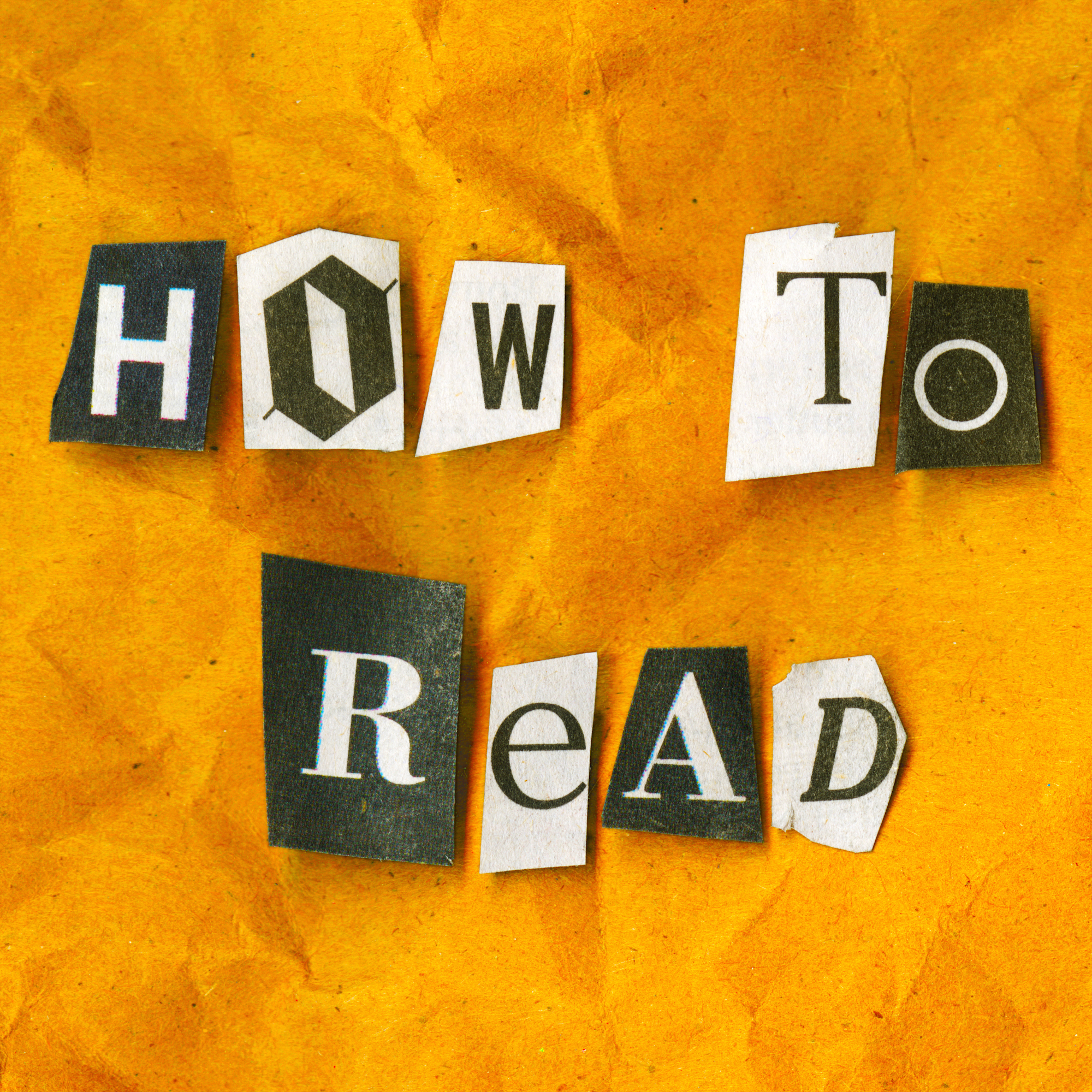17. Policing reading in colonial Egypt
Description
It might seem obvious that it’s good to read in ways that are literary, critical and modern. But Michael Allan argues that viewing certain ways of reading as literary, critical and modern also involves constructing a stereotype of a bad reader who is unliterary, uncritical and backwards. In colonial Egypt, British authorities relied on stereotypes of Islamic reading practices to treat local people as merely memorising and repeating what they read. As a result, local people were considered incapable of thinking critically and of holding valid political opinions.
More Episodes
Reading today is typically silent - whether reading a book in a library or reading messages on our phones, we don’t expect the activity to be noisy. At most, we expect the sound of a page quietly turning. But Andrew Albin is interested in the medieval period, when books made all kinds of sounds....
Published 04/01/22
Published 04/01/22
When you think about historical reenactment, you probably think about reenacting Civil War battles or performing a character at a Renaissance fair. But Catherine Grant is interested in artists who use reenactment to ask questions about the history of feminist and queer activism, and the role of...
Published 03/18/22


